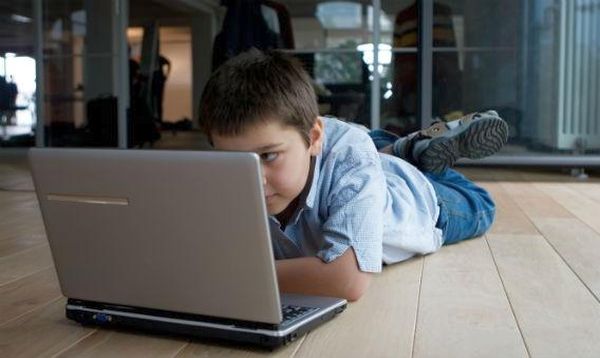Mexico City - Mexican kids spend more time in front of small screens, whether television, computers or tablets with Internet, than at school, according to a study by the A Favor de lo Mejor (In Favor of the Best) civil association's Audience Council.
"The Organization for Economic Cooperation and Development says that children spend 580 hours a year at school, while our records show they spend 1,580 hours watching television," almost triple the time, Gabriela Delgado, the association's director of communications, told EFE.
According to the report entitled "For the Rights of the Juvenile Audience," Mexican children from 6 to 12 years of age watch television on an average of 4 hours and 34 minutes a day, besides spending an average of 45 minutes connected to the Internet and 1 hour playing video games.
"Children are spending a great deal of time peering at screens, and the addiction to social networks and all things digital is causing great concern," Delgado said.
In Mexico, she said, video games "have great penetration and widespread use among youngsters 6 to 12 years old," but still not as much as among youths between 12 and 18 years of age, who constantly use digital devices whether they have one at home or not.
Delgado went on to say that the programs kids watch most on television are telenovelas, followed by reality shows, single-program dramas and cartoons.
According to the study, the Internet extends youngsters' exposure to television, and what they most like on the Web is YouTube.
The A Favor de lo Mejor association seeks to provide diagnoses of how the media's relationship with society is developing, so that these findings can be used to make that relationship "more harmonious."
The data turned up by the study indicate that "we must do something" as users, media, advertisers and authorities," said Delgado, who related how a group of 60 children was formed in Mexico City as the sample for the analysis.
Several statistical studies were also incorporated, including one about the supply and demand of radio and television programming for the youth audience that was broadcast in February of 2015.
Original article


